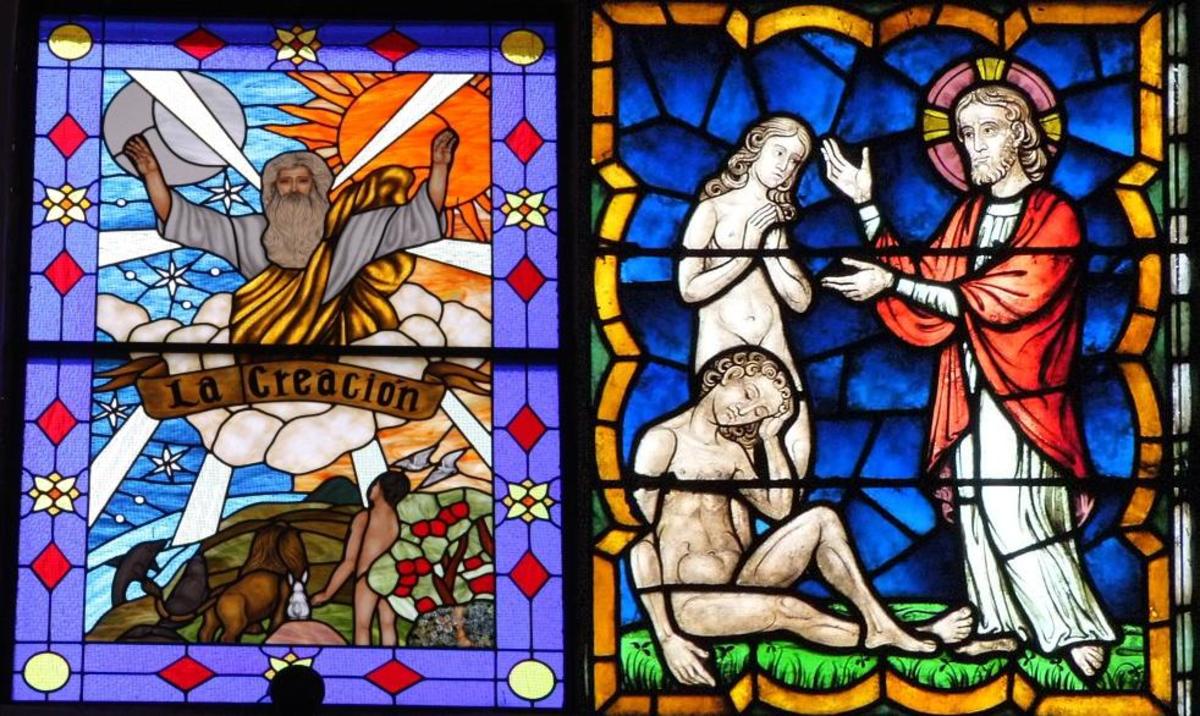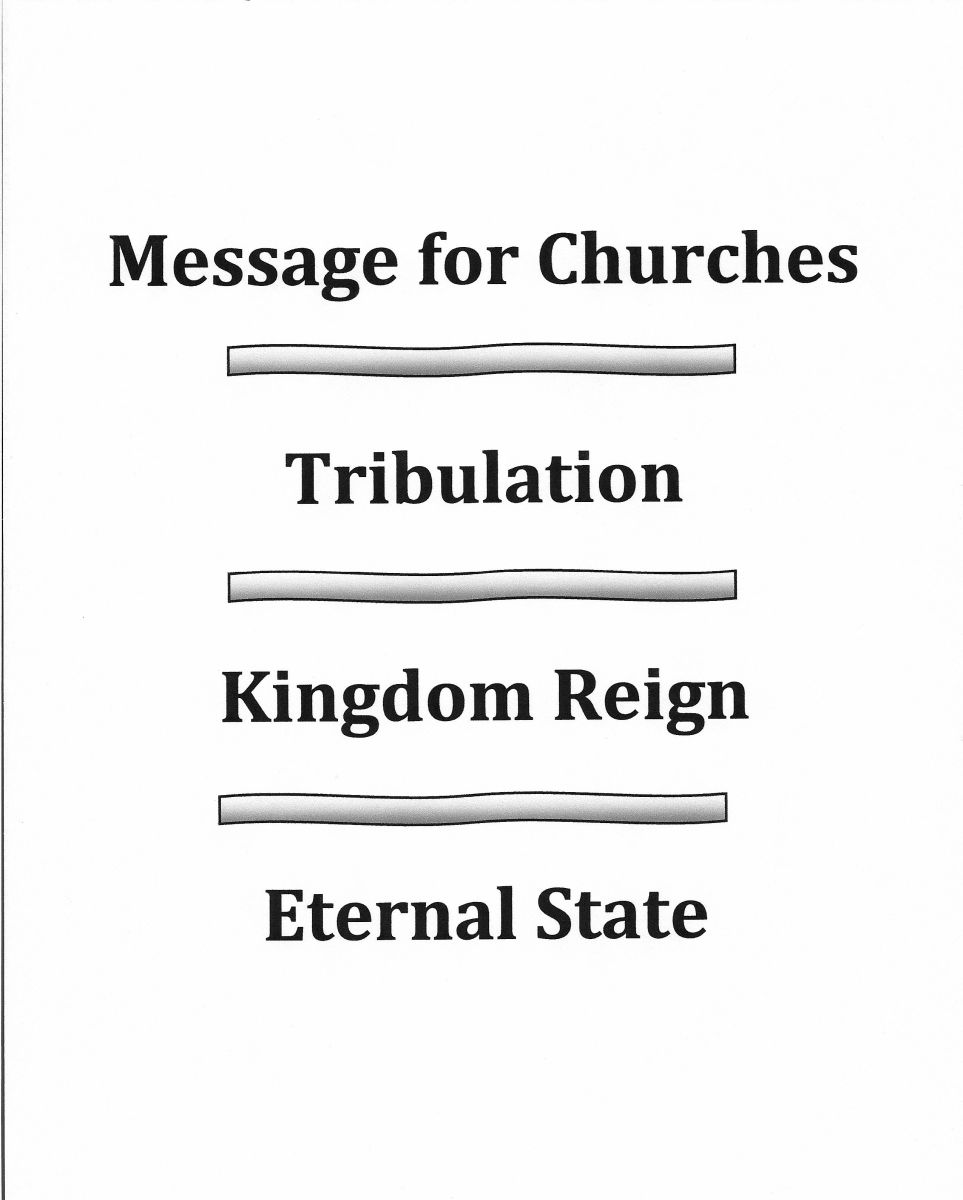Is the Christian God Even Possible?

The Christian god is said to have many attributes. It is said to be perfect, omnipotent, all knowing, all wise, all good, all just, and the giver of free will.
Perfection
So lets look at perfection first. I already did a hub on this topic but I’ll run over it again. Perfection is a subjective thing for the most part. There is all kinds of relative perfection. But there is also absolute perfection, or at least the idea of it. What does it mean?
Well, if we take it to mean that everything is perfect for all things then it would mean everything’s needs are met and there is no conflict. That is the limit to perfection. When all your needs are met and there is nothing you can do or think of that would make anything better; when there is nothing conflicting with anything else, then that is absolute perfection.
What most people fail to understand is that under those circumstances creativity would stop. Creativity is an answer to conflict or a way to fulfil need. If everything is perfect then there is no need for creativity. It’s as simple as that. Therefore, we know there can not be a perfect god, because we exist. If there were a perfect god it would have no reason to create us.
Omnipotence:
This one is easy to challenge. There is a very old formula for debunking it. Can god make a rock so big he can’t lift it? If he can he proves he is not omnipotent because he can not lift the rock he just made. If he can not then he is limited in that he can’t create anything so big he can’t lift it. Either way, he can't be omnipotent. Omnipotence can not have limits, and yet it is impossible for anything to have limitless power to do anything at all. There is always a limit, as the above question shows. It doesn’t mean the god couldn’t be very very powerful, or even the most powerful thing in the universe and outside it. But it can not be omnipotent. Omnipotence creates paradox and contradiction. There can be no such thing.
All Knowing:
If we look at the bible we soon see god asking questions and acting as if there are things he does not know. There are passages all over the place that point this out. He tests people, and if he tests them then he doesn’t know the outcome of the test in advance. If he did there would be no need to test people. He would already know in advance what they would do. God often acts surprised and angry with our actions. Why would he be angry when he knew full well in advance what we would do?
This ties into free will. If a god or anything else knows in advance what you are going to do with absolute certainty, there is no free will because your actions are written in stone. You can not change them, or the thing that knows the future absolutely, is wrong. Therefore you can not have free will and certainty of outcome at the same time. Saying god is all knowing is saying there is no free will. Saying there is free will is saying god can not be all knowing because the future does not exist until it is made. The Christian has a choice of the two but can’t have both.
All Wise:
God knows what’s best in all cases. But for him to know that with one hundred percent certainty he would have to be all knowing, including knowing the future of any action. Therefore we have the same problem. Either he is all wise and there is no free will, or he isn’t all wise and there is free will. I reject any Christian notion that he chooses not to know. It’s an absurd idea. Either he does or does not know. There is no choice in the matter. You know something or you don’t. You can’t choose not to know after you know. It’s like saying god can deceive himself. No Christian would say that.
All love:
This one is easy to counter from the bible itself. He says he created all things including good and evil. We have to assume he means he created the potential for good and for evil, as they are intent, not things. Why create the potential for evil? This assumes it did not pre-exist before god created it. The Christians do not like that idea and say it means he created calamity. I see no difference. If a god creates calamity with intent then he has created evil.
For the Jews this is not a problem. Their god is all things including good and evil at its whim. But for the Christian it means god can not be all good. It’s like admitting he didn’t know in advance what Satan was going to do. Any war Satan might be having with him in heaven also shows he can not be omnipotent. A god could stop such a war before it got started couldn’t it? It’s laughable. How can a Satan foil the plans of god? And must that Satan not be very stupid to think it could if it knows god is omnipotent? Has it not read the bible? All it has to do is nothing to foil the plans of god and prove it wrong. Would that not be what a Satan would do? It all makes so little sense. An omnipotent god that was perfect love wouldn’t create evil or the potential for it. That’s just nonsense.
If god creates a world where all things must suffer and kill just to survive, how can we say it is all love? If we say god couldn’t do it any other way we admit the god has limitations as to how it can do things. If it can do things any way it wants then we have to assume it is cruel beyond belief to have created such a world.
If we say it is our fault then we are saying again that we can foil god’s plan. If it is god’s plan that we do evil then it can’t be all love.
All Just
Is it all just to punish for what you know in advance will happen? Were I to put a poison snake in a playground, if it bit a child I would be liable, even if I told all the children never to go into the playground. Yet when god tells Adam not to eat of the fruit of one particular tree he is not responsible? Any sane person would take issue with that. Everyone knows that if you tell a child not to do something you are tempting them to do it. Adam and Eve were just created and obviously just children to a god. So was god tempting Adam and Eve or did he not know what his creation would do? And what was that snake doing there in their perfect garden?
Adam and eve did not know anything about good or evil before they ate of the fruit. They had to eat of the fruit to know good and evil. That means that before they ate they were little more than animals. So how can they be said to be evil for eating it? Evil is intent. We don’t say a very small child is evil because it disobeys us. We understand that it is curious. We fill electrical plugs so it’s a lot harder for them to stick things in there and get a shock. We childproof our homes. Yet we think it is perfectly alright for god to put a tree in his children’s garden that can kill them? How absurd.
So was it god’s intent that we would know good and evil? If so, then punishment for doing so is unwarranted, unless he is cruel. Would you punish your kids for doing something you wanted them to do? For discovering something you wanted them to discover? Of course not.
But the bible doesn’t say he wanted us to do it. It says he didn’t want us to. He says we have become like him, to know good and evil, and lest we also take of the tree of everlasting life and supposedly become gods ourselves, he yanks the tree of life that was never forbidden to us. Why wouldn’t Adam eat of that one first? Does it make any sense? Of course not.
If any conscious god created the universe as it is intentionally then it is cruel beyond belief, inept if it didn’t know how it would all turn out, or he did it for his own selfish reasons to fulfil a need it has. None of those conditions are admitted by Christians nor desired by them. But there are no other possibilities in reality.
Another consequence of god being all knowing is that he knows in advance whether you will go to hell or not. He has known that since before you were born. If he has then there is nothing you can do about it. To be able to alter that would make him wrong and not all knowing. So how cruel would a god have to be to allow you to be born anyway knowing you will go to hell to suffer for eternity? I'd say it would have to be a sadist, not all loving at all.
In short, the Christian god can not exist. All the attributes they claim for it are either impossible or contradictory to the bible they claim to believe in, particularly if they are literalists. Even if they don’t believe the bible is the literal word and don't believe in hell, they can’t reconcile all the contradictions in their beliefs concerning perfection or omnipotence.
This doesn’t mean other gods couldn’t exist. It just means the Christian god as described by Christianity is impossible.









